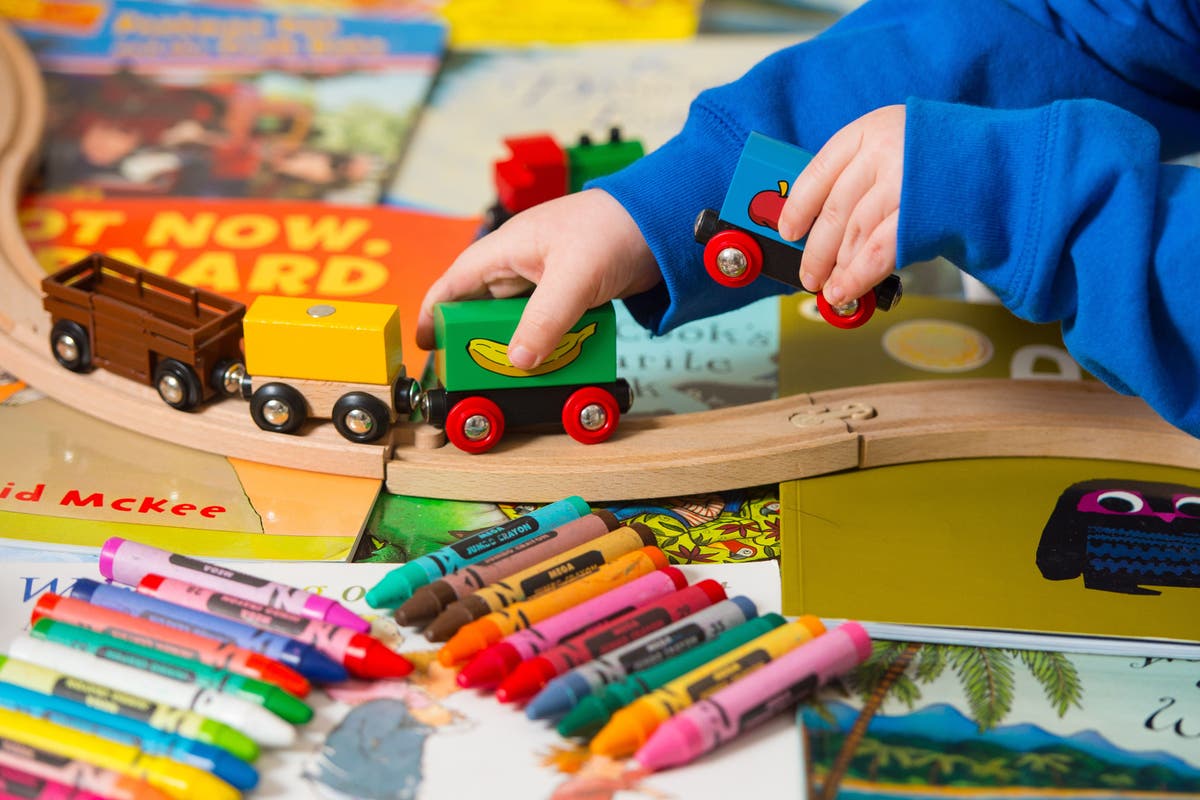Children in Reception who took part in a Covid catch-up programme made four additional months’ progress in their language development compared to pupils who did not participate, a study suggests.
The Nuffield Early Language Intervention (Neli) was offered to all state primary schools in England across three academic years to help four- and five-year-olds affected by the pandemic with their language skills.
The national rollout of the scheme, funded by the Department for Education (DfE) as part of its efforts to help education recovery, saw around 6,500 schools register to take part in the first year (2020/21).
A further 4,000 signed up across the second and third years of delivery (2021/22 and 2022/23).
An independent evaluation of the programme, by the National Foundation for Educational Research (NFER), found that young children made on average four months’ additional progress in their language skills compared to pupils in participating schools who did not receive the intervention.
Further analysis found that children eligible for free school meals made on average seven months’ additional progress as a result of the programme.
The evaluation, which looked at data from 10,800 children in 350 schools in 2021/22, suggests that Neli could help to close the language development gap between disadvantaged children and their peers.
The scheme is a 20-week intervention where school staff, usually teaching assistants, deliver individual and small-group sessions to help children improve their vocabulary, active listening and narrative skills.
The findings, published by the Education Endowment Foundation (EEF), showed that the impact was greater for children who received more sessions compared with children who received fewer sessions.


